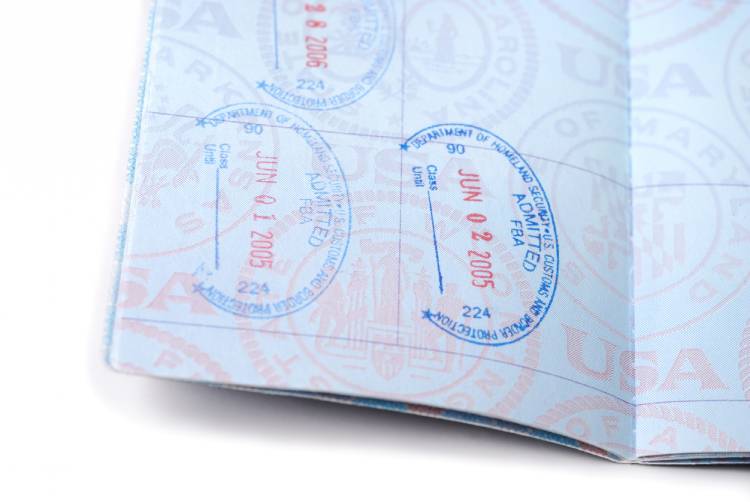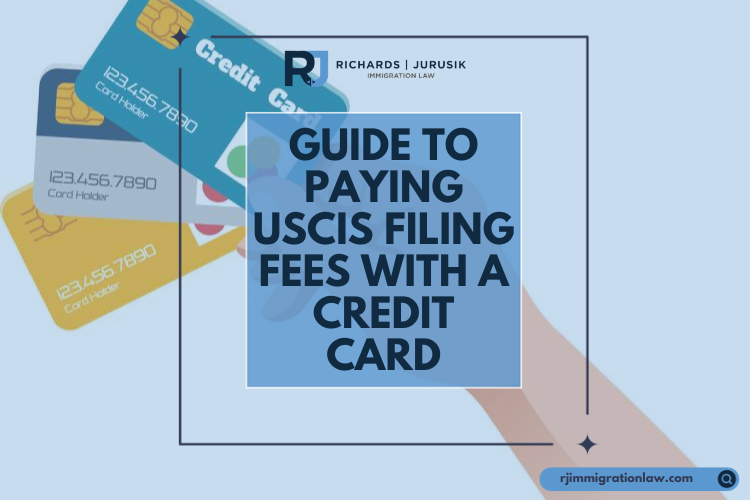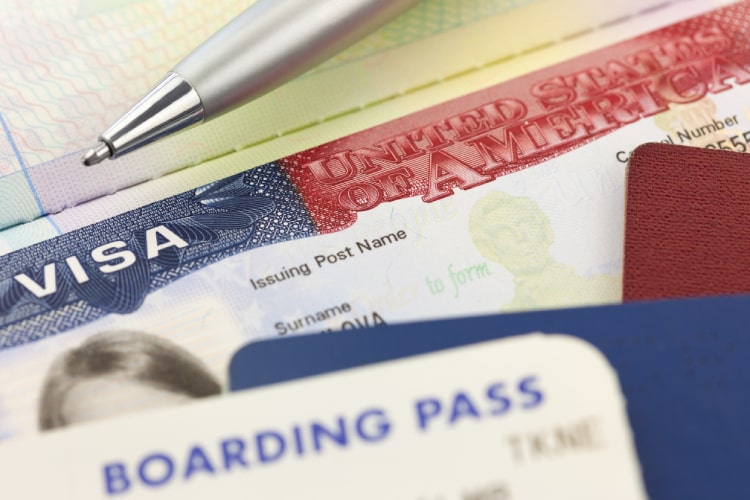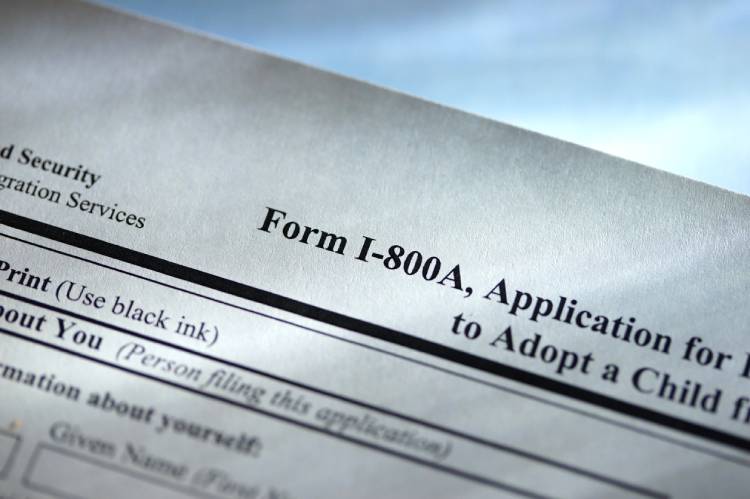

For many individuals planning a visit to the United States on a B1/B2 Visa, presenting a well-crafted invitation letter can significantly strengthen their application. While not mandatory, an invitation letter from a U.S. citizen or Legal Permanent Resident (LPR) can positively impact the visa process, especially when it highlights strong ties to the applicant’s home country. Here, we explain what makes an effective invitation letter for a U.S. visitor visa.
The letter should originate from the host and detail their relationship with the visitor. It should be dated, contain both parties’ full information, and specify the hosting arrangements and travel dates. Crucially, it should emphasize the temporary nature of the stay in the U.S.
Below is a template of how such a letter might be structured:
[Host’s Full Legal Name]
[Host’s Full U.S. Address]
Dear [Visitor’s Full Legal Name],
I, [Host’s Name], am delighted to invite you to the United States to celebrate my 50th wedding anniversary in Buffalo, NY, on February 21, 2050. You will be accommodated at my Buffalo, NY, residence from February 21 to February 28. Our plans include visiting Niagara Falls, Letchworth State Park, and Fort Niagara. I will cover the costs of your round-trip airfare, food, and medical insurance during your stay. Your presence would mean a lot to us.
[Host’s Contact Information]
Accompany this letter with relevant documents such as event invitations, proof of roundtrip airfare, host’s identification or passport, accommodation proof, and a detailed travel itinerary.
For B Visa applicants, remember:
Crafting an invitation letter with these elements can significantly enhance the credibility of your B1/B2 Visa application and facilitate your travel plans to the United States.
You may have questions regarding U.S. immigration laws and visas. We invite you to contact our team at Richards and Jurusik for detailed guidance and assistance. We aim to provide the most accurate and up-to-date information to make your immigration process smoother and less stressful. The immigration lawyers at Richards and Jurusik have decades of experience helping people to work and live in the United States. Read some of our hundreds of 5-star client reviews! Contact us today to assess your legal situation.

Becoming a Lawful Permanent Resident (LPR), or “green card” holder, marks the start of a new chapter of opportunities in the United States. This status allows individuals to live and work anywhere within the country and paves the way for them to apply for U.S. citizenship, given that they meet specific criteria. The journey to LPR status navigates through various classes of admission as outlined by the Immigration and Nationality Act (INA). This article examines these classes and avenues, such as family reunification, economic contributions, humanitarian grounds, and diversity visas, and examples of each class.

Learn the essential steps for using a credit card to pay USCIS filing fees, ensuring successful processing of your immigration applications, petitions, or requests.
 for Automatic Visa Renewal (AVR)? - Resources Blog - US Immigration FAQs - Richards and Jurusik Immigration Law - Buffalo NY" width="750" height="500" />
for Automatic Visa Renewal (AVR)? - Resources Blog - US Immigration FAQs - Richards and Jurusik Immigration Law - Buffalo NY" width="750" height="500" />
Discover if you qualify for the US Automatic Visa Revalidation (AVR) process, a unique opportunity for individuals with expired nonimmigrant visas to reenter the US without undergoing visa renewal at an embassy or consulate. This article breaks down the qualification and eligibility criteria, ensuring you understand the prerequisites for seamless travel.

Adopting a child is a journey filled with hope, love, and, sometimes, international borders. When that journey crosses into the realm of U.S. immigration law, understanding the legal landscape becomes crucial. This post delves into the critical aspects of orphan adoption related to U.S. immigration, offering guidance to prospective adoptive parents.

Understanding the nuances of travel documents, particularly the advance parole document, is crucial for individuals navigating the complexities of U.S. immigration. This article explains the process, emphasizing the importance of advance parole for those with pending immigration applications and its role in reentering the United States without a visa.

In the age of digitalization, social media has transcended beyond just a platform for social interaction, influencing various facets of life, including the process of applying for a U.S. visa. Integrating social media queries in visa application forms by the U.S. Department of State marks a significant shift in the vetting process, underscoring the role of digital footprints in national security and immigration screening. This article discusses how social media accounts impact U.S. immigration visa applications.